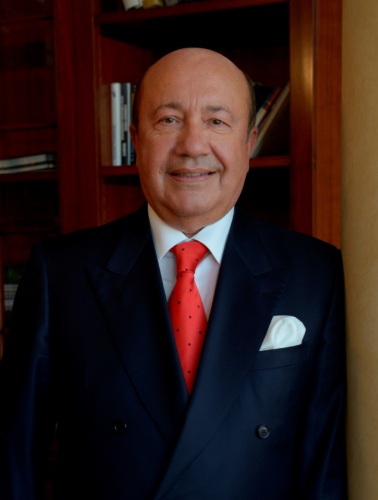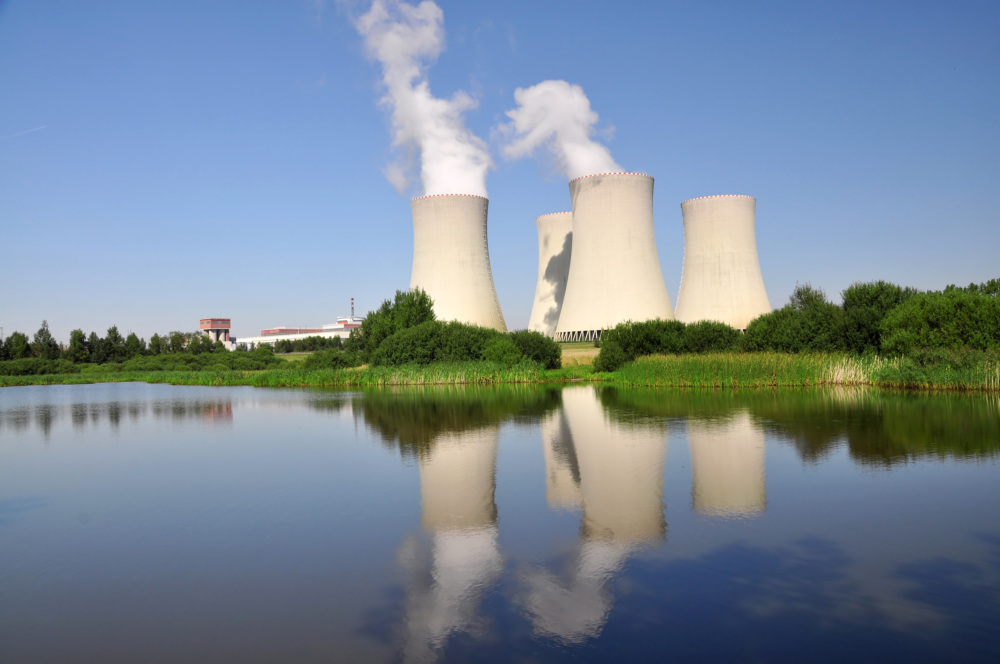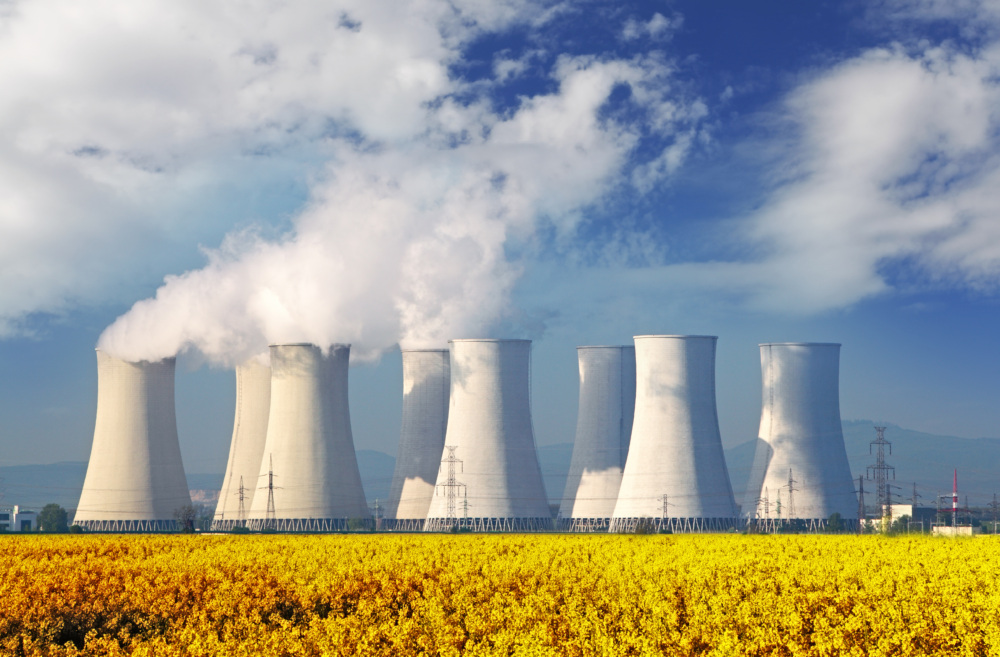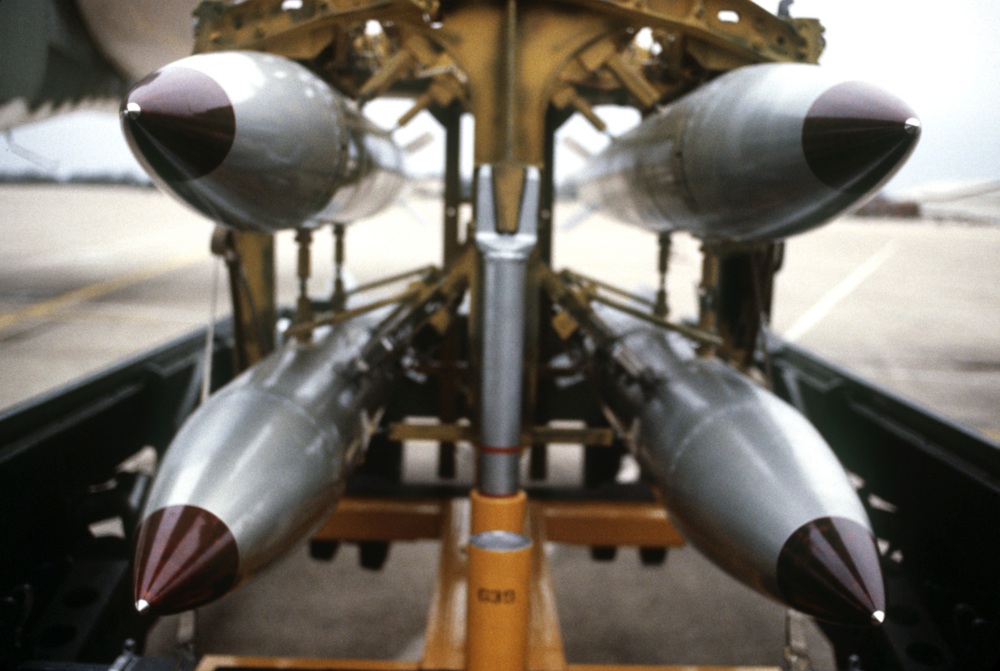
Igor S. Ivanov
Former Minister of Foreign Affairs, Russia
Former Russian Foreign Minister Igor Ivanov, an NTI Board member, on the launch of the IAEA LEU Bank. Originally published by the Russian International Affairs Council, here.
This Tuesday, an event took place in Eastern Kazakhstan that did not make the front pages of leading newspapers or the breaking news feeds of international information agencies. Nonetheless, the event’s significance should not be underestimated. On August 29, the International Atomic Energy Agency Low-Enriched Uranium Bank was officially opened at the Ulba Metallurgical Plant in Ust-Kamenogorsk. The date was no accident: on August 29, 1991, the Semipalatinsk Test Site was shut down, and the UN later declared the date the International Day Against Nuclear Tests.
The idea of establishing nuclear fuel banks goes back at least 20 years. What is the best way of creating a mechanism that guarantees uranium supplies to countries that comply with the nuclear non-proliferation regime but, due to political reasons, do not yet have access to the global uranium markets? Eight years ago, Russia put forward a proposal to establish a security stock of low-enriched uranium in Angarsk and by late 2010, the International Uranium Enrichment Center’s storage facilities stored the full amount of nuclear fuel security stocks (over 120 tonnes).
Russia’s experience was without any doubt used in setting up the new low-enriched uranium bank, although the centres in Angarsk and in Ust-Kamenogorsk differ significantly both in the technologies used and in their legal status. But it is not the matter of the project’s engineering solutions or legal technicalities. This initiative was implemented in a drastically different international climate, in a different system of political coordinates.
Since 2010, the global situation has changed radically and, alas, it has not been a change for the best. Hopes pinned on the “reset” of Russia–U.S. relations have not panned out. The arms — and nuclear weapons — race has accelerated. And the problem of nuclear proliferation has become worse, as highlighted once again by the grave Korean peninsula crisis.
Under these circumstances, deep pessimism and the darkest prophesy have become the hot trend in discussing international security issues. Politicians, experts, journalists and diplomats strive to outdo each other in painting the grimmest picture of the impending upheavals. And, of course, the “inevitable” proliferation of nuclear weapons is an integral part of the picture.
Yet the event that took place in Ust-Kamenogorsk on August 29 shows otherwise. There are still politicians and public leaders in this world who are not only prepared to go against the global flow, but are also capable of reversing it. President of Kazakhstan Nursultan Nazarbayev deserves credit for his strategic vision and state wisdom. Nazarbayev is also one of the most consistent and persistent opponents of nuclear weapons. The prominent role played by former U.S. Senator Sam Nunn should also be noted; for decades, Nunn has been at the forefront of fighting the threat of nuclear war. The U.S. non-profit Nuclear Threat Initiative should be mentioned, since its contribution to launching the centre clearly shows that non-governmental organizations can play a very important role in even such a purely “governmental” area as nuclear fuel and non-proliferation.
Among the many quotes attributed to Winston Churchill is the following: “Success is never final and failure never fatal. It’s courage that counts.” The launch of the IAEU LEU Bank in Ust-Kamenogorsk once again reminds us how true that statement is. It is a reminder primarily to those of us who are involved in Russia–U.S. relations. However hard these relations might be to build today, however hopeless the situation and the time might appear, we do not have the right to despair and stop the dialogue. The stakes are too high for Russia, for the United States, and for the entire world.
Sign up for our newsletter to get the latest on nuclear and biological threats.
At this critical juncture for action on climate change and energy security, 20 NGOs from around the globe jointly call for the efficient and responsible expansion of nuclear energy and advance six key principles for doing so.
To make good on their COP28 pledge, countries need a new approach to building, regulating, and financing nuclear technology.
Understanding nuclear materials, including how plutonium and enriched uranium are produced, and the basics of nuclear energy and nuclear weapons, is the focus of this tutorial.


